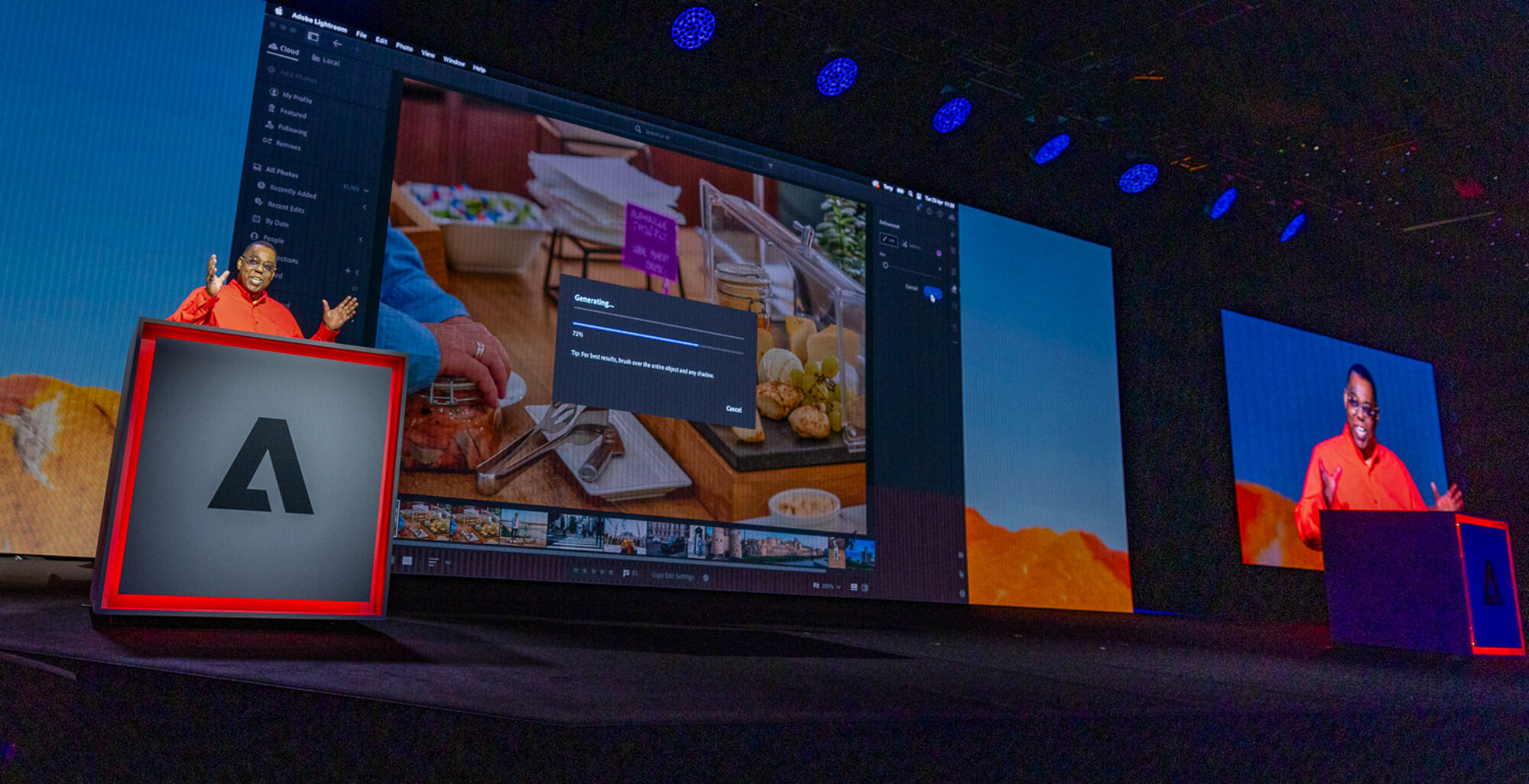What Makes the Best tech blog Stand Out Among Tech Lovers and Professionals
Wiki Article
How Blockchain Modern Technology Is Revolutionizing Information Safety And Security
Blockchain modern technology is basically changing the landscape of data safety by introducing a decentralized framework that promises enhanced openness and durability. Unlike typical systems, which count on centralized data databases, blockchain disperses information across a network, decreasing vulnerabilities and single points of failure. The use of advanced cryptographic methods makes certain that information remains tamper-proof, promoting depend on amongst stakeholders and customers.The Basics of Blockchain
Blockchain innovation, a cutting edge concept in digital information administration, basically changes how info is kept and secured. At its core, a blockchain is a dispersed journal that records purchases throughout a network of computer systems, ensuring transparency and immutability.Secret to understanding blockchain is the hashing procedure, which secures purchase data into an one-of-a-kind alphanumeric code. This cryptographic function makes certain that any kind of change in the purchase data causes a completely various hash, thus protecting versus tampering. The agreement device, one more vital element, verifies and confirms new deals through a network of nodes, consequently getting rid of the requirement for a central authority.
In addition, blockchain's append-only structure guarantees that data, once added, can not be erased or altered. This characteristic assurances a permanent and verifiable document of transactions, fostering trust among individuals. Therefore, blockchain offers a durable structure for data honesty, providing industries a trusted method for tracking and managing digital info in a secure, clear way.
Decentralization and Safety And Security
Decentralization, a core principle of blockchain innovation, significantly boosts information security by distributing control throughout a network instead than relying on a singular, central entity. By dispersing data throughout numerous nodes, blockchain guarantees that even if one node is compromised, the entire network stays safe and secure.
Moreover, decentralization encourages customers with greater control over their information. Each individual in the network has accessibility to the entire blockchain, enabling them to validate and audit deals separately. This transparency cultivates trust fund amongst individuals, as they do not have to rely on a central authority to ensure information honesty. On the whole, decentralization contributes in improving data protection in blockchain networks.

Cryptographic Techniques
At the heart of blockchain modern technology, cryptographic techniques play a pivotal function in guarding information, making certain both confidentiality and stability. These methods are fundamental to the blockchain's capability to safely videotape transactions in a decentralized way. Cryptography in blockchain uses a mix of crooked and symmetrical formulas to encrypt information, making it available only to accredited parties - Best tech blog. Public and personal key sets are central to this process, allowing for secure authentication and identification confirmation without disclosing delicate information.Hash features are an additional critical element, transforming input information into a fixed-size string of characters, efficiently developing an unique electronic finger print for each block. This guarantees that any kind of attempt to modify the data will their website certainly lead to a completely different hash, therefore maintaining the immutability of the blockchain. Moreover, digital trademarks validate the authenticity and honesty of transactions, supplying a layer of non-repudiation.
The decentralized nature of blockchain, integrated with durable cryptographic methods, gets rid of the demand for intermediaries, reducing potential vulnerabilities. As blockchain modern technology progresses, improvements in cryptography such as zero-knowledge evidence and homomorphic security remain to enhance safety and security actions, additionally fortifying information defense in this advanced digital journal system.
Use Situations Across Industries

In the health care market, blockchain makes sure the safe and secure storage space and sharing of person documents, advertising interoperability while protecting sensitive data from unauthorized access. This technology empowers patients with control over their case history and facilitates seamless coordination among doctor.
Supply chain administration benefits considerably from blockchain's unalterable ledger, which makes certain traceability and authenticity of products from origin to customer. By boosting transparency, blockchain helps mitigate concerns such as counterfeiting and underhanded sourcing.
Furthermore, blockchain's decentralized nature is reshaping the power industry by making it possible for peer-to-peer power trading, where consumers can purchase and offer excess eco-friendly energy directly. This promotes an extra effective and sustainable power environment.
In the realm of intellectual home, blockchain supplies a tamper-proof platform for creators to sign up and secure their jobs, making sure rightful attribution and reasonable compensation. These diverse usage situations underscore blockchain's duty as an essential force in redefining information protection throughout markets.
Future of Information Defense
As we want to the future of information protection, blockchain innovation is poised to play a crucial role in securing digital information. With its decentralized and unalterable characteristics, blockchain offers a durable framework for protecting delicate information against unapproved access and cyber dangers. This modern technology ensures that as soon as information is tape-recorded, it is almost difficult to change without discovery, hence giving a substantial advantage over conventional data storage methods.The integration of blockchain with other sophisticated innovations, such as man-made knowledge and the Net of Points (IoT), is expected to enhance data protection techniques even more. By leveraging smart contracts, organizations can implement and automate safety procedures, minimizing human mistake and boosting effectiveness. In addition, blockchain's capacity to offer traceable and transparent deals will reinforce trust fund and liability in information management techniques.
As governing landscapes progress, blockchain's compliance-friendly nature will come to be progressively appropriate. It can assist organizations fulfill strict data defense regulations, such as the General Data Security Regulation (GDPR) and the California Customer Personal Privacy Act (CCPA), by supplying proven records of data handling tasks. Eventually, blockchain's distinct characteristics position it as a transformative device in the recurring mission to protect the digital globe against ever-evolving cyber hazards.
Final Thought
Blockchain innovation represents a standard shift in information safety by leveraging decentralization and cryptographic techniques to recommended you read boost openness, trust, and information stability. Its ability to remove solitary points of failing and employ consensus mechanisms substantially minimizes moved here the risk of fraudulence and cyberattacks. This ingenious structure not only equips users with greater control over their information however also lines up with regulatory compliance. As cyber dangers evolve, blockchain arises as a vital tool for durable information security across various sectors.Blockchain modern technology is basically altering the landscape of data safety by introducing a decentralized structure that promises improved openness and strength. Unlike typical systems, which depend on central information repositories, blockchain disperses information throughout a network, minimizing vulnerabilities and single points of failure.Decentralization, a core principle of blockchain innovation, dramatically boosts information protection by distributing control across a network rather than counting on a singular, centralized entity.At the heart of blockchain technology, cryptographic methods play a pivotal role in protecting data, guaranteeing both discretion and honesty.Blockchain technology stands for a standard change in data safety and security by leveraging decentralization and cryptographic methods to enhance openness, trust, and data integrity.
Report this wiki page